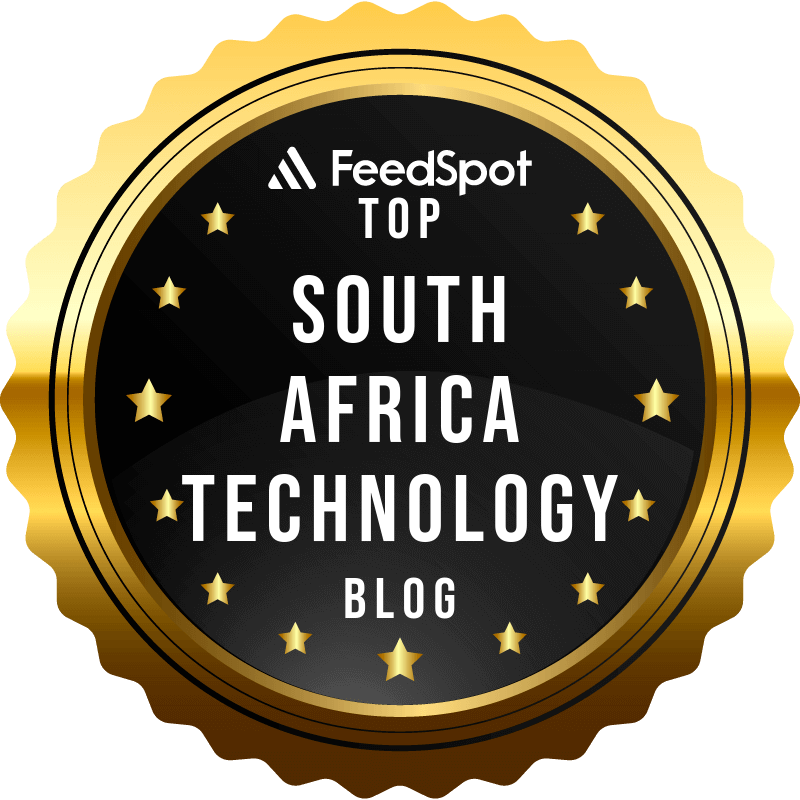In a bold move that redefines the intersection of design and artificial intelligence, Canva has unveiled two groundbreaking features: the Deep Research Connector for ChatGPT and the Open Model Context Protocol (MCP) Server. These innovations mark a significant leap in AI-assisted design workflows, empowering users to interact with their creative assets in ways never before possible.
Canva’s Deep Research Connector is a first-of-its-kind integration that allows OpenAI’s ChatGPT to access, analyze, and respond to queries based on a user’s Canva content. Whether it’s summarizing a quarterly campaign strategy or pulling insights from a brand presentation, ChatGPT can now tap directly into your Canva workspace – no more toggling between tabs or uploading files manually.
This feature is available to all ChatGPT users, regardless of subscription tier, and works when Deep Research mode is activated. The AI assistant can understand the context of your query and deliver tailored responses grounded in your actual design documents, including Canva Docs, Presentations, and more.
For South African marketers, educators, and entrepreneurs, this means faster turnarounds on proposals, lesson plans, and campaign reports – all within a single conversational interface.
Complementing the Deep Research Connector is Canva’s new Open MCP Server, a backend infrastructure that allows third-party AI assistants – like Google’s Gemini, Anthropic’s Claude, and Salesforce’s Agentforce – to perform real-time design tasks within Canva.
With the MCP Server, users can:
- Generate pitch decks and presentations from chat transcripts
- Resize and reformat assets for different platforms
- Autofill charts with AI-generated data
- Import/export files and templates – all without leaving the chat interface
This open protocol, originally developed by Anthropic, positions Canva as a fully pluggable design engine within broader AI ecosystems. It’s a game-changer for professionals who rely on multiple tools and platforms to get their work done.
Both features are secured under Canva Shield, the company’s AI safety and privacy framework. This ensures that user data remains private, permissioned, and protected – even when accessed by external AI agents.
South Africa’s digital economy is rapidly evolving, with small businesses, educators, and creatives increasingly turning to AI to streamline operations. Canva’s latest tools offer a powerful, accessible way to integrate design into everyday workflows – whether you’re a startup in Cape Town, a teacher in Durban, or a marketing team in Johannesburg.
By embedding design into AI conversations, Canva is not just simplifying workflows – it’s democratizing creativity.




